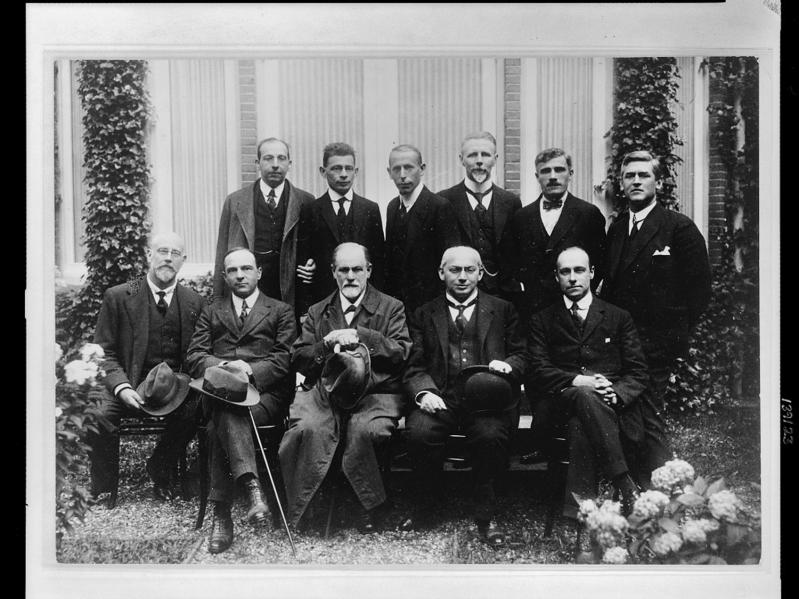You’ve heard of prefrontal lobotomies and hemispherectomies, but one brain procedure you may not be conscious of involves the removal of the unconscious.
Where is it? It’s not in the executive suite, since it involves the kind of primary process thinking found in dreams.
2+2=3 is just like someone sporting an unusual eye-catching outfit. Lower brain. Being instinctual in activities is what Homo sapiens have in common with beasts, but the unconscious actually rules the roost. By definition it’s an eminence grise that makes all those important decisions you’re not aware of and sometimes pay a price for, e.g., what pronoun you eventually choose.
Looking for the unconscious in the limbic or lower brain area just won’t cut it. One neurosurgeon trying to locate his patient’s unconscious actually resorted to using Google Maps.
Why does anyone want to remove an unconscious, anyway?
Tonsillectomies, one of the milestones of childhood, are no longer de rigueur.
With the advent of Barbra Streisand, rhinoplasties have become passé.
It’s not “Rosebud.”
It’s hard even for experts to pinpoint.
Animals notoriously lack an unconscious. So, it’s not unusual to discover that your partner is eating like an animal or calling themselves “he” or “she” instead of “they.” Another result of the operation is to find a loss of double entendres and the feeling that someone is being driven. Surely, you’ve had occasion to say, “Don’t you get it? That’s not you.” It’s your inner mother, father, brother — whatever might make you take the road more rather than less traveled.
Having your unconscious removed will take a weight off your shoulders.
Dr. Freud coined the term, and here’s what he had to say about the unconscious: “The interpretation of dreams is the royal road to a knowledge of the unconscious activities of the mind.”
Freud also told Marie Bonaparte: “The great question that has never been answered, and which I have not yet been able to answer, despite my thirty years of research into the feminine soul, is What does a woman want?” But that’s neither here nor there.
By the way, an added benefit: no nightmares. All your repressed desires are gone. If you’re a compulsive checker, you don’t have to worry about turning the gas off. You no longer have a wish to blow up the house.
However, what if it’s your last day on earth? You’ve been told you’re going to die?
Finally, you’ve got the idea that’s going to make it!
Hooray for you!
Remember the scene from De Sica’s “Bicycle Thieves” (1948)? Amid the proliferation of proposals, yours meets the eye of an itinerant young Silicon Valley venture capitalist.
You will be discovered!
The sun always rises!
You get the acceptance at the end of a normal business day, say around 5 p.m. You’ll be dead before midnight. So, you have approximately seven hours in the spotlight.
You don’t have the strength to celebrate, but you can still peck out victory notes to all the people who failed to validate you.
Many of these have predeceased you. So, it’s a problem you’ll have to let go of.
The list of people you need to inform should be taken care of by 10:30 or 11. That will give you a good hour — plenty of time to lie back and enjoy the glow of success as you pass into the great beyond, the event horizon of the black hole, the cosmic yawn of indifference, the oblivion into which all words and dreams eventually fade.
Francis Levy, a Wainscott resident, is the author of “Erotomania: A Romance,” “Seven Days in Rio,” and, most recently, “The Kafka Studies Department,” with illustrations by Hallie Cohen.

